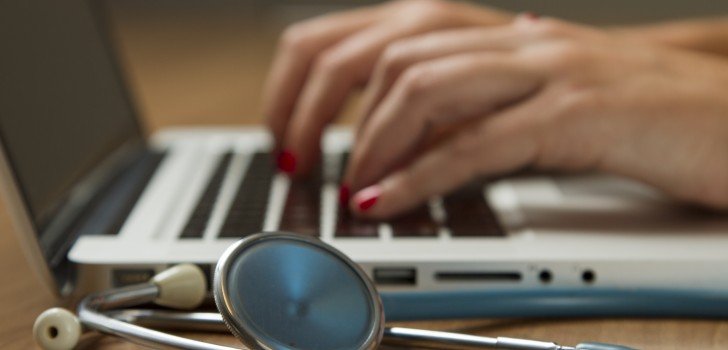A recent study in the United States suggests that many people may be okay with the concept of connecting their social media accounts to their medical records. The theory behind such a proposal is that patient care could improve as doctors would gain insight into the daily lives of their patients.
Twitter and Facebook have more than 1.5 billion users combined on a worldwide scale. And, many of those users share information on a daily basis, leaving “digital breadcrumbs” about their lives. The postings offer clues into users’ activities and attitudes – some of which affect and influence their overall health.
And interestingly, more than 50% of patients are likely Twitter or Facebook users.
Researchers surveyed 5,000 people treated at a single, busy urban emergency room, and for those who participated in the study, 71% allowed their doctors to access their social media accounts.
Dr. Raina Merchant, director of the Penn Medicine Social Media and Health Innovation Lab in Philadelphia observed that, “Increasingly, individuals are sharing lots of information on social media every day. This information is in the form of posts, check-ins, photos and other data. Because much of this data is about day-to-day activities and general thoughts and feelings, it is also about health.”
Not surprisingly, younger patients who were into social media were more likely to grant doctors access to their accounts, compared to older patients. Also, those who had private insurance were more likely to share their accounts than those who had government health plans. Those patients who chose not to share their social media accounts often cited privacy concerns. Additionally, some patients feared that their social media accounts might affect their employment.
For the social media accounts reviewed by the researchers, about 7.5% of Facebook posts were somehow related to health.
Dr. Elissa Weitzman, a researcher at Boston Children’s Hospital and Harvard Medical School acknowledged there were some limitations regarding the study, but did note that social media access may save lives in certain situations. “Social media data could provide descriptive information about health histories and behaviors that are helpful for building out the ‘digital health phenotype’ for patients. Real-time mining of social media content could be revealing allergies, medications or health problems that are otherwise unknown which could alter treatment decisions in an emergency situation and be life-saving.”
Stay Connected